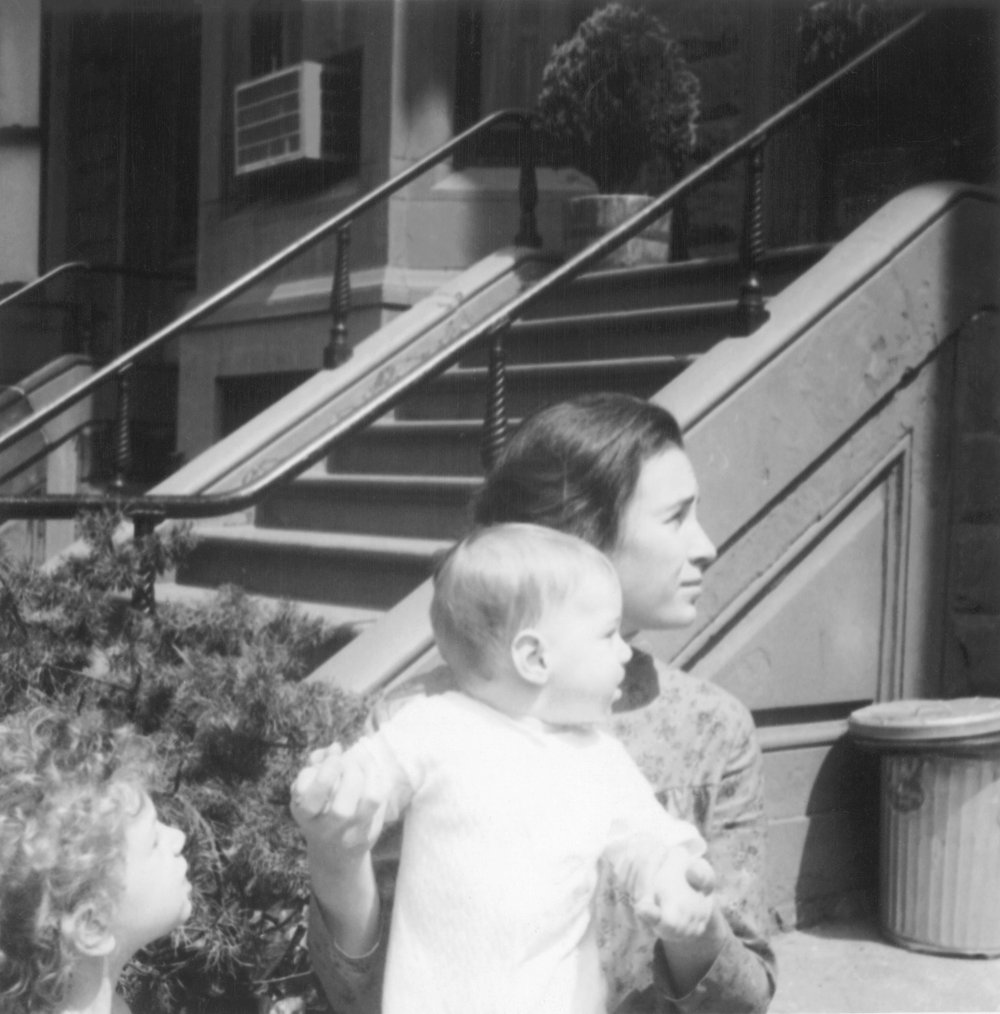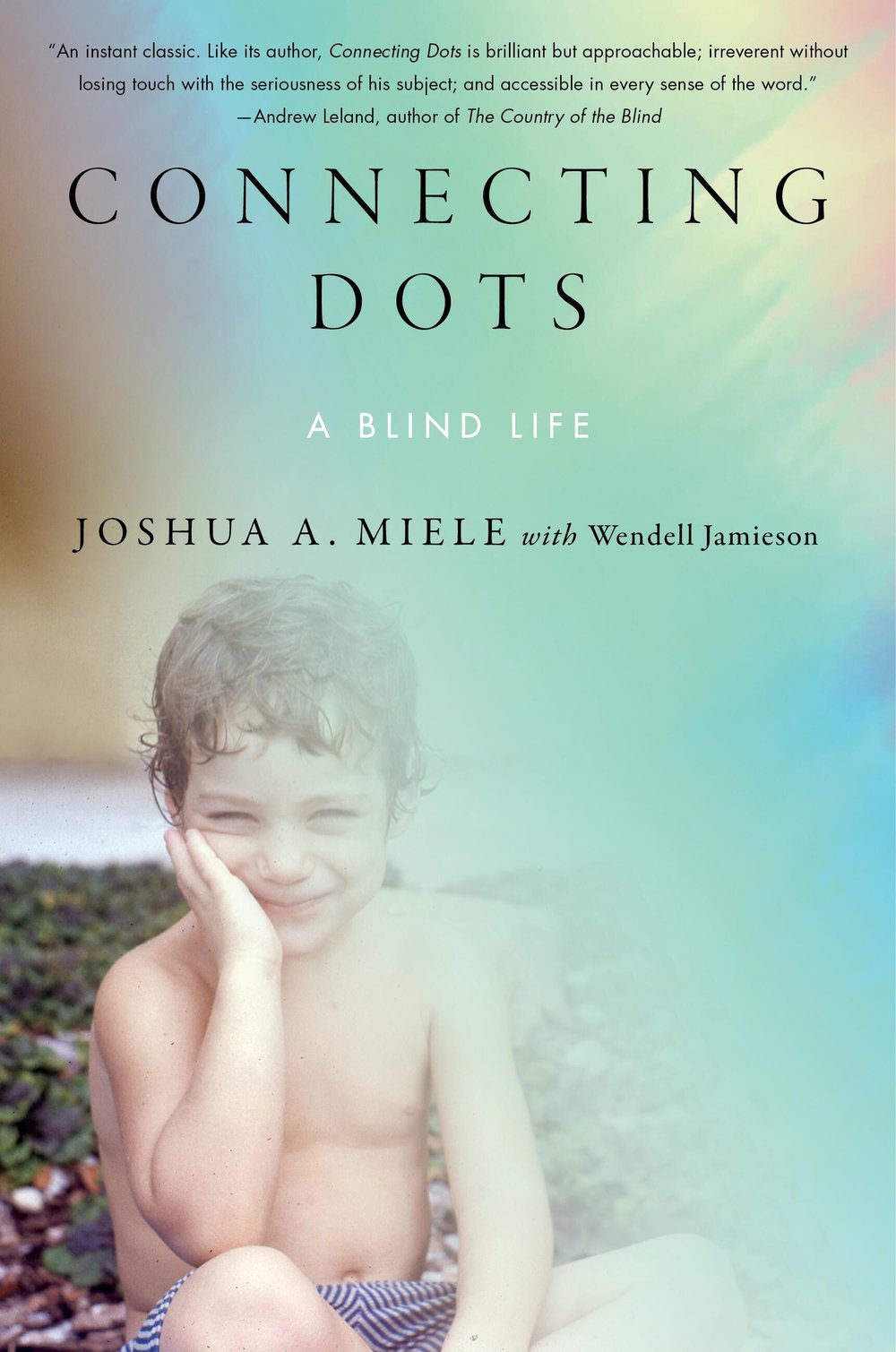A new book revisits a violent crime that rattled Park Slope
March 3, 2025, 11 a.m.
"Connecting Dots" tells the story of Joshua Miele, who was burned in an acid attack in 1973 and went on to earn a MacArthur "genius grant."

Decades ago, a violent crime horrified Park Slope and reverberated around the country. A neighbor burned a young boy in an acid attack, blinding him. Now, that boy's new memoir, “Connecting Dots,” revisits the incident and the life he went on to live.
Joshua Miele was 4 years old when the doorbell rang at his family’s brownstone in Park Slope on Oct. 5, 1973. He ran to get it, and saw his troubled next-door neighbor Basilio Bousa, then 24. The little boy stepped out, and Bousa poured a cup of sulfuric acid on his face.
“I tried so hard to open my eyes,” Miele recalls in “Connecting Dots,” which publishes March 4. “When I finally did, I glimpsed the paneled wooden wainscotting that lined the hallway. And then … nothing.”

The attack permanently blinded Miele and severely burned his face. All of New York City was horrified, but nowhere more so than Park Slope.
Miele's co-author Wendell Jamieson, who was 7 and lived several blocks away at the time of the attack, recalled the terror he felt after hearing about what happened.
“People moved out of the neighborhood because of this,” said Jamieson.
“ I'll never forget the day my mother came into the kitchen of our house on St. John's Place,” he said. She was near tears, and told him to never answer the door unless he knew who was there.
Jamieson said he was drawn to the story because he always wondered what happened to that little boy.

Miele went on to earn a doctoral degree from the University of California, Berkeley; work for NASA; become the president of the board of directors of the San Francisco LightHouse for the Blind; work as an associate scientist at the Smith Kettlewell Eye Research Institute; and, in 2021, earn a MacArthur “genius grant" for his development of tools for the blind. He also has two adult children and lives with his wife in Berkeley.
The acid attack that could have easily taken or defined his life merely shifted it. Miele said he hopes his success can normalize disability in a society where being disabled sets people apart.
“I don’t feel like it was a ‘hero’s journey,’” he said of his life in a phone interview. “It was a journey that I simply had to do because there was no other choice.”
What he hopes readers take away from “Connecting Dots” is that blindness and disability, in general, are neither heroic nor tragic, but normal.
“It's just another way of being in the world,” he said. “It can be more work. It can be more of a challenge. But the challenge is in general, not because of the disability itself.”
Miele also hopes the book will uplift readers.
“Not all disability stories are success stories. Mine is,” Miele said. “And I think it’s nice to think about things that are going well in a world where things seem to be going wrong.”
“Connecting Dots” is out March 4, with a launch party scheduled for March 19 at Lofty Pigeon Books in Kensington.
121-year-old Ferdinando’s Focacceria in Brooklyn seeks new owners after sudden closing How the 'Wicked' movie's iconic costumes took inspiration from NYC